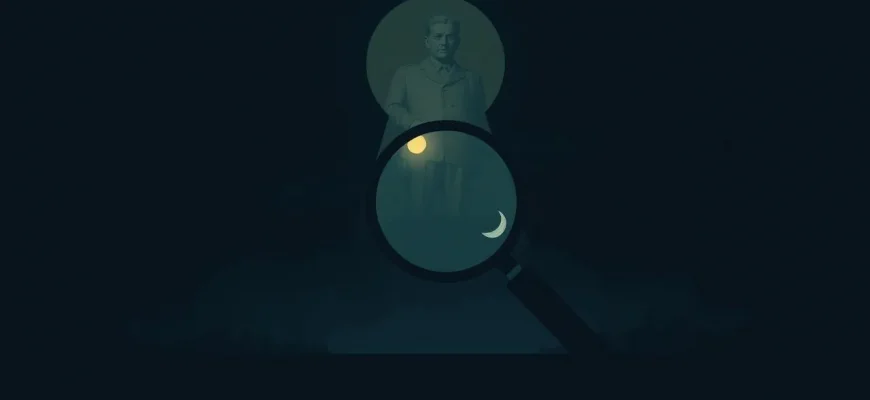Dive into the shadowy realms where power corrupts and secrets abound. This curated list of 10 detective films set in dictatorships offers a thrilling journey through political intrigue, moral dilemmas, and the relentless pursuit of truth. Each film not only entertains but also sheds light on the complexities of living under oppressive regimes, making them invaluable for those interested in both cinema and political history.

The Official Story (1985)
Description: Set during Argentina's Dirty War, this film follows a teacher who begins to question the origins of her adopted daughter, leading to a personal investigation into the regime's atrocities.
Fact: It won the Academy Award for Best Foreign Language Film in
 Watch Now
Watch Now 
The House of the Spirits (1993)
Description: Based on Isabel Allende's novel, this film spans generations in a Latin American country under a dictatorship. It follows a family's entanglement with political power, love, and betrayal, with detective elements in uncovering family secrets.
Fact: The film features an all-star cast including Meryl Streep, Jeremy Irons, and Winona Ryder.
 Watch Now
Watch Now 
The Lives of Others (2006)
Description: Set in East Germany during the Cold War, this film follows a Stasi officer who becomes increasingly disillusioned with the regime while spying on a playwright and his actress girlfriend. It's a gripping tale of surveillance, betrayal, and the quest for personal freedom.
Fact: The film won the Academy Award for Best Foreign Language Film in
 Watch Now
Watch Now 
The Baader Meinhof Complex (2008)
Description: This German film delves into the activities of the Red Army Faction, a militant group opposing the West German government in the 1970s. It's a detective story in the sense of uncovering the motivations and actions of those fighting against perceived dictatorial oppression.
Fact: The film was nominated for the Best Foreign Language Film at the 82nd Academy Awards.
 Watch Now
Watch Now 
The Ghost Writer (2010)
Description: A ghostwriter hired to complete the memoirs of a former British Prime Minister uncovers a web of political intrigue and secrets that could topple governments. The film's setting hints at the influence of real-world political figures and events.
Fact: The film was Roman Polanski's first feature film in English since "Death and the Maiden" in
 Watch Now
Watch Now 
The Secret in Their Eyes (2009)
Description: This Argentine film blends a detective story with the backdrop of the country's dictatorship in the 1970s. A retired legal counselor writes a novel about an unresolved case from his past, uncovering layers of political corruption and personal vendettas.
Fact: It won the Academy Award for Best Foreign Language Film in 2010, beating out films from France, Germany, Israel, and Peru.
 Watch Now
Watch Now 
The Dictator (2012)
Description: While primarily a comedy, this film satirizes dictatorships with a plot involving a fictional North African dictator who becomes a political refugee in New York, leading to a series of comedic and detective-like misadventures.
Fact: Sacha Baron Cohen, who stars as the dictator, based the character on several real-life dictators.
 Watch Now
Watch Now 
The Missing Picture (2013)
Description: While not a traditional detective film, this documentary uses clay figures to explore the filmmaker's personal history during the Khmer Rouge regime in Cambodia. It's a detective-like journey to uncover lost memories and truths.
Fact: It was nominated for the Best Foreign Language Film at the 86th Academy Awards.
 Watch Now
Watch Now 
The Conformist (1970)
Description: In Mussolini's Italy, a man is assigned to assassinate his former professor, now living in Paris. The film explores themes of conformity, fascism, and personal identity, making it a compelling study of dictatorship's psychological impact.
Fact: The film's director, Bernardo Bertolucci, was only 29 when he made this film, which has since been recognized as one of the greatest films of all time.
 30 Days Free
30 Days Free 
The Red Chapel (2009)
Description: This documentary follows a group of comedians who travel to North Korea under the guise of a cultural exchange, secretly intending to expose the regime's propaganda. It's a detective story in the sense of uncovering the truth behind the facade.
Fact: The film was banned in North Korea, and the director, Mads Brügger, had to smuggle the footage out of the country.
 30 Days Free
30 Days Free 








